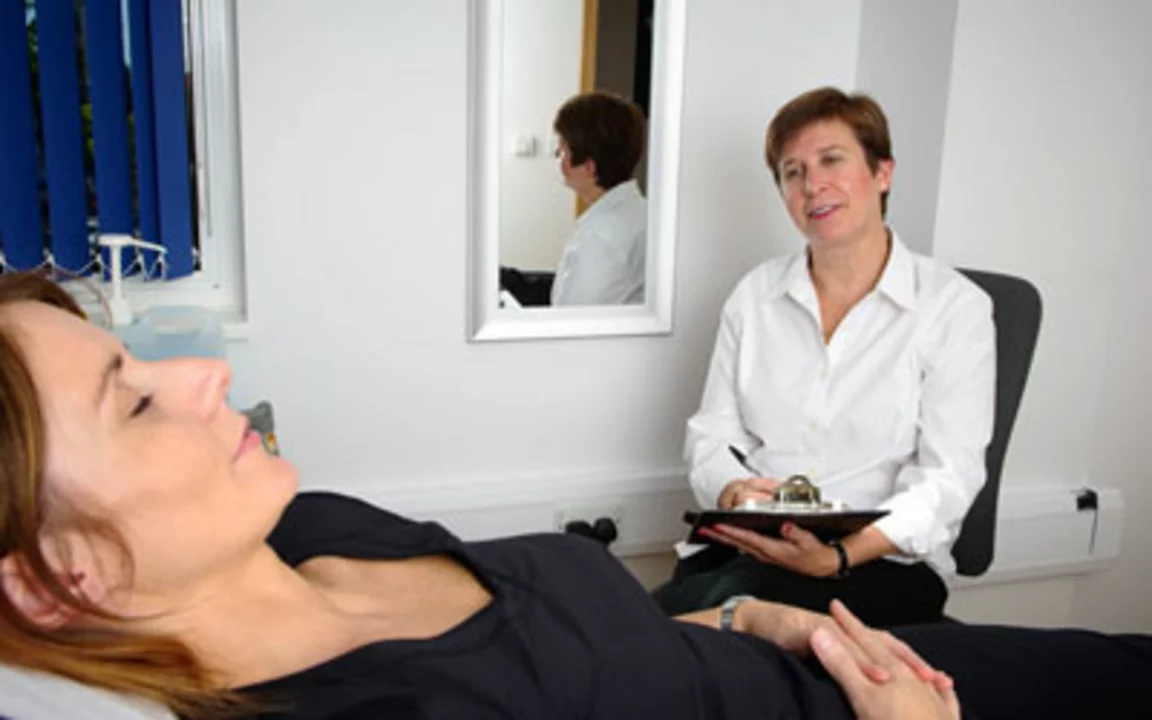Acupuncture: What It Is, How It Helps & What to Expect
If someone mentions acupuncture, you probably picture thin needles on a quiet table. In reality, it’s a simple technique that uses tiny sterile needles to stimulate points on the skin. The goal is to kick‑start your body’s natural healing processes without drugs or surgery.
How Acupuncture Works
The theory behind acupuncture comes from traditional Chinese medicine. Practitioners believe the body has pathways called meridians that carry energy, or "qi." When a point is needled, it’s thought to balance this flow and release chemicals like endorphins. Modern research shows needles can affect nerves, reduce inflammation, and change blood flow, which explains why many people feel relief after a session.
Scientists have measured lower pain signals in the brain and higher levels of natural painkillers after needling. That’s why you’ll hear acupuncture recommended for back pain, migraines, arthritis, and even stress‑related issues. It isn’t a magic cure, but it can be a useful part of a broader treatment plan.
What to Expect From Your First Session
When you walk into an accredited clinic, the practitioner will ask about your health history and why you’re there. They’ll locate specific points based on your symptoms—usually on the arms, legs, back or ears. The needles are thinner than a hair strand, so most people feel only a quick pinch.
After the needles are placed, you’ll lie still for 15‑30 minutes. Some clients report a warm tingling sensation; others feel nothing at all. You can read, nap, or just relax. When the practitioner removes the needles, there’s usually no pain and no bleeding.
Typical treatment plans range from one session to several weeks of weekly visits, depending on the condition. For chronic issues like arthritis, you might need 8‑12 sessions before noticing a solid change. Acute problems such as a migraine can sometimes improve after just one visit.
Safety is a common concern. When done by a licensed professional using single‑use needles, adverse effects are rare—mostly minor bruising or light soreness that fades quickly. Avoid acupuncture if you have bleeding disorders, are pregnant without prior clearance, or have an implanted electronic device unless your practitioner confirms it’s safe.
Finding the right practitioner matters. Look for certifications from recognized bodies (e.g., NCCAOM in the U.S.) and read patient reviews. A good acupuncturist will explain each step, answer questions, and never force you to continue if you’re uncomfortable.
In short, acupuncture offers a drug‑free way to manage pain, reduce stress, and support overall well‑being. It works best when combined with conventional care, proper nutrition, and lifestyle tweaks. If you’ve been curious or skeptical, consider scheduling a consultation to see if the needle approach fits your health goals.

Hemorrhoid Alternative Therapies: Acupuncture, Hypnotherapy, and More
Finnegan O'Sullivan May 14 9In my recent exploration of alternative therapies for hemorrhoids, I discovered some fascinating options like acupuncture and hypnotherapy. Acupuncture, an ancient Chinese technique, is known to promote blood circulation and relieve pain. Hypnotherapy, on the other hand, can help address the stress and anxiety that might exacerbate hemorrhoids. Along with these, I also came across some other natural remedies and lifestyle changes that could help alleviate the discomfort. Stay tuned for a detailed blog post on these exciting alternative therapies for hemorrhoids!
More Detail